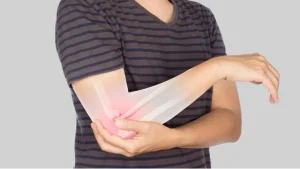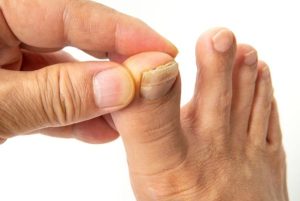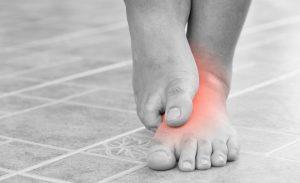

Dealing with incontinence can present challenges, but it doesn’t have to hinder your ability to enjoy life to the fullest. Whether you’re at home or out and about, there are practical strategies you can embrace to regain your independence and boost your confidence. Let’s explore some valuable tips for managing incontinence when you’re on your own.
1. Choose the Right Products: Invest in high-quality incontinence products such as absorbent pads or protective underwear that provide comfort and leakage protection. The right products can offer peace of mind and allow you to go about your day with confidence.
2. Plan Ahead: When heading out, pack a discreet bag with extra supplies, including wipes, spare underwear, and plastic bags for soiled items. This proactive approach ensures you’re prepared for any situation.
3. Bathroom Breaks: Establish a routine for bathroom breaks, even if you don’t feel an immediate urge. Regularly visiting the restroom can help prevent accidents and maintain bladder health.
4. Stay Hydrated: Contrary to what you might think, staying well-hydrated can actually be beneficial. Dehydration can lead to concentrated urine, which may irritate the bladder. Instead, opt for smaller sips throughout the day.
5. Dietary Considerations: Certain foods and drinks can exacerbate incontinence symptoms. Cut down on caffeine, carbonated drinks, and spicy foods, which can act as bladder irritants. Incorporate foods rich in fiber to maintain regular bowel movements.
6. Pelvic Floor Exercises: Engage in pelvic floor exercises to strengthen the muscles that control bladder function. Regular workouts can improve bladder control and reduce the frequency of leaks.
7. Mindful Clothing Choices: Wear loose, comfortable clothing that’s easy to remove when using the restroom. Opt for fabrics that are moisture-wicking to help keep you feeling dry.
8. Restroom Accessibility: When heading out, choose destinations that offer easy access to restrooms. Familiarize yourself with restroom locations in public spaces to reduce stress.
9. Deep Breathing and Relaxation: Practice deep breathing and relaxation techniques to manage stress and anxiety, which can worsen incontinence symptoms. A calm mind can positively impact bladder control.
10. Talk Openly: Share your concerns and challenges with loved ones or a healthcare professional. Talking openly about your experiences can provide emotional support and helpful insights.
11. Keep a Diary: Tracking your fluid intake, restroom visits, and any leakage incidents in a diary can help identify patterns and triggers. This information can guide your management strategies.
12. Seek Professional Guidance: If incontinence is affecting your quality of life, don’t hesitate to consult a healthcare professional at Ohr Medical. They can provide personalized advice, recommend treatments, and rule out underlying medical conditions.
Remember, you’re not alone in managing incontinence. With a proactive approach, self-care strategies, and the right support, you can navigate this challenge and continue living life on your terms. Embrace these tips to regain your independence and approach each day with confidence and a positive outlook.






Stay informed on the newest treatments, technology, and exclusive offers. Subscribe to Ohr Medical’s newsletter with your email address and receive periodic updates without interruption.